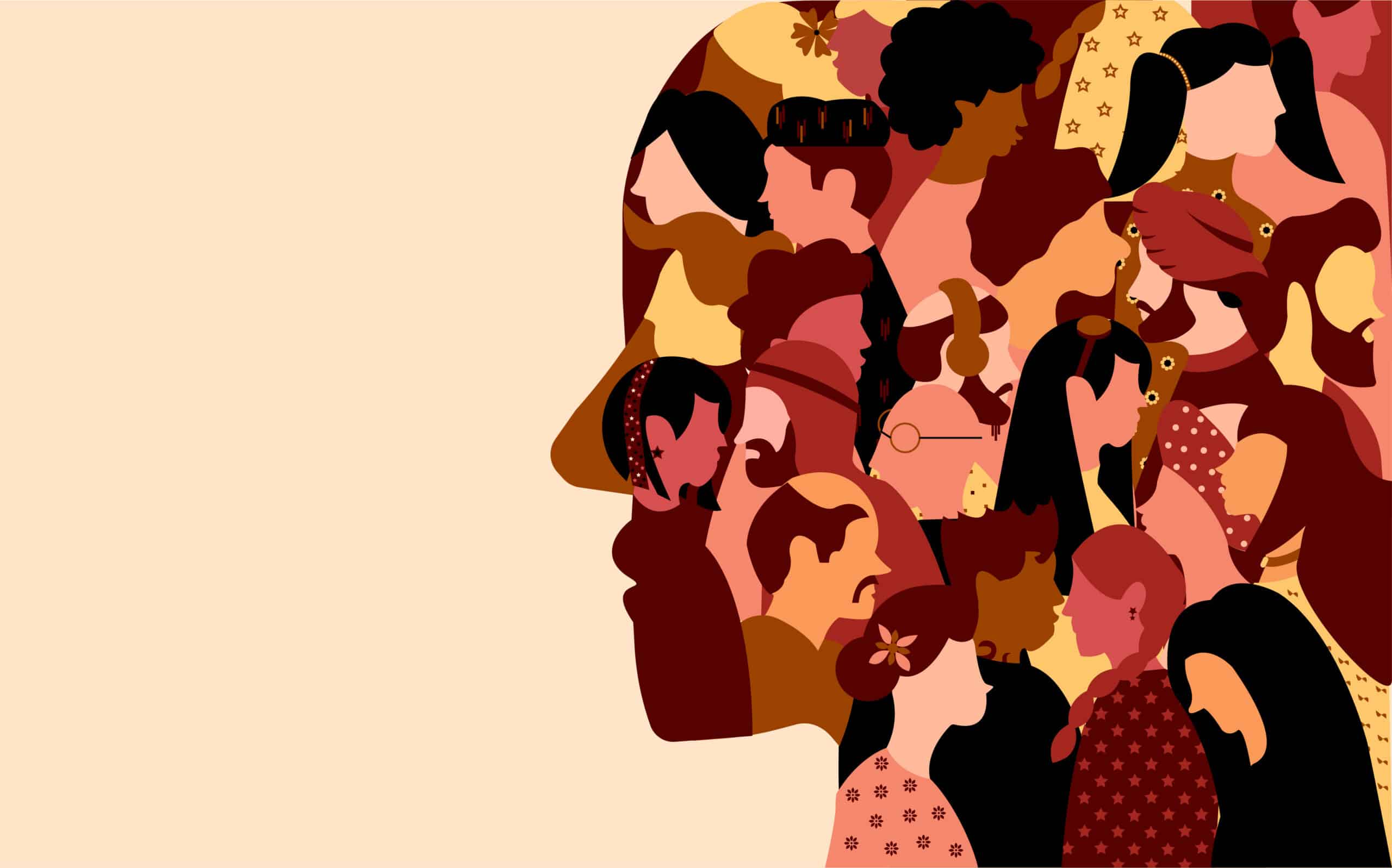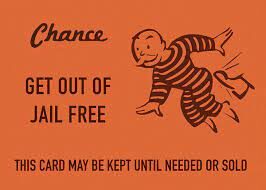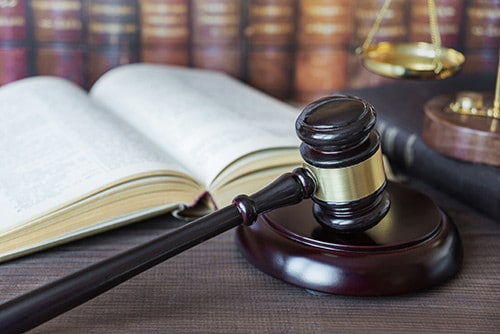Broke & Behind Bars: Struggles for Low-Income Defendants
Being broke is tough enough, but being behind bars while you’re broke is a whole different story. Low-income defendants face a variety of struggles as they navigate the legal system, from being unable to afford bail to struggling to secure adequate legal representation. In this article, we’ll explore some of the challenges facing low-income individuals who are caught up in the criminal justice system.
Locked up and Left Out: Life on the Inside
For low-income defendants, being locked up can be a particularly isolating experience. Many inmates lack the financial resources to make phone calls or send letters to loved ones on a regular basis, leaving them feeling cut off from the outside world. They may also struggle to access basic necessities like hygiene products or medical care, which can lead to a variety of health problems.
Moreover, incarcerated individuals who are unable to afford bail may end up spending months or even years in jail before their trial even begins. This can have a devastating impact on their lives, as they may be unable to work, care for their families, or maintain their housing during this time. And even once they’re released, they may struggle to rebuild their lives, as a criminal record can make it difficult to find employment, housing, or access to social services.
Justice for the Poor? The Harsh Reality of the Legal System
While the American legal system is supposed to be based on the principle of “justice for all,” the reality is that low-income defendants often face significant obstacles to securing a fair trial. For one thing, many defendants are unable to afford legal representation, which means they may end up being represented by overworked public defenders who may not have the time or resources to provide adequate representation.
Moreover, the legal system is often stacked against low-income defendants in other ways. For example, they may be pressured into accepting plea deals even if they’re innocent, simply because they can’t afford to go to trial. They may also face harsher sentences than wealthier defendants who commit similar crimes, as judges may be more likely to view them as a flight risk or a danger to society.
Ultimately, the struggles facing low-income defendants in the criminal justice system are numerous and complex. While efforts are being made to reform the system and ensure that everyone has access to a fair trial, there is still much work to be done to ensure that justice truly is available to all.
Low-income defendants face a variety of challenges as they navigate the legal system, from being unable to afford bail to struggling to secure adequate legal representation. While the system is supposed to be based on the principle of “justice for all,” the reality is that low-income individuals often face significant obstacles to securing a fair trial. As a society, it’s important that we work to address these issues and ensure that everyone is treated fairly and justly, regardless of their financial status.
Article by:







